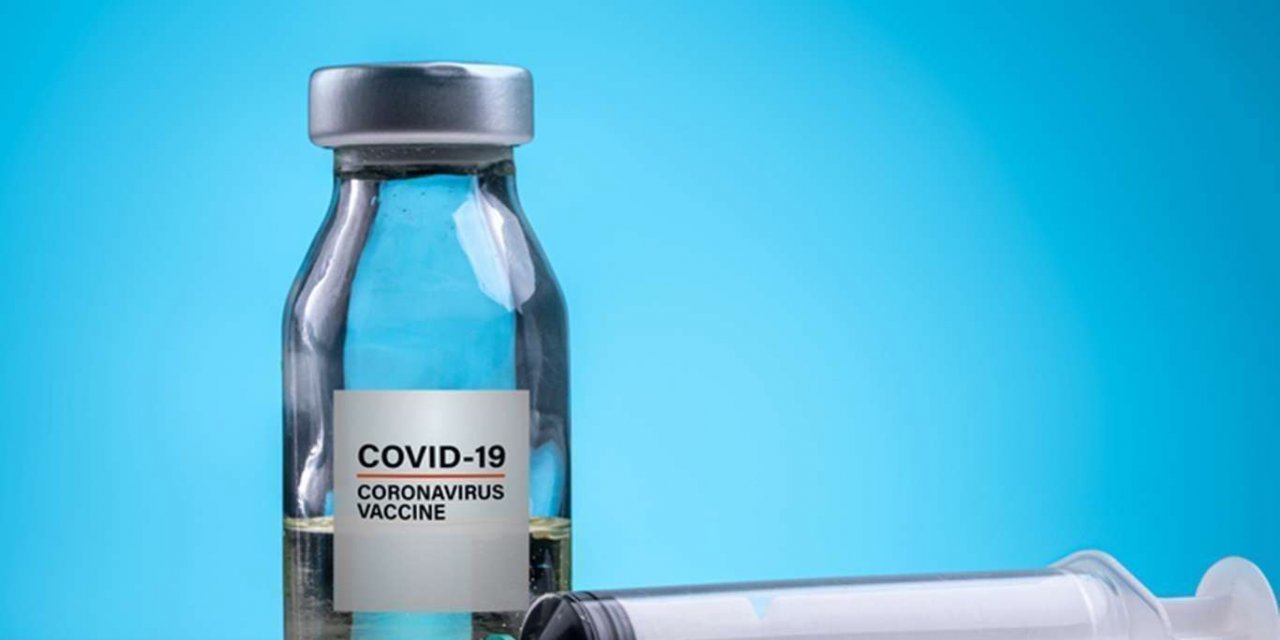
UNICEF signs corona vaccine supply agreement with AstraZeneca
The United Nations International Children's Emergency Fund (UNICEF) and AstraZeneca signed a long-term agreement for the supply of COVID-19 Vaccine AstraZeneca on behalf of the COVAX Facility.
Through the supply agreement, UNICEF, along with procurement partners including the Pan-American Health Organization (PAHO), will have access to up to 170 million doses of vaccines for around 85 countries. This is the third such agreement for COVID-19 vaccines, following previously announced agreements with Pfizer and the Serum Institute of India.
The AstraZeneca/Oxford vaccine received WHO Emergency Use Listing (EUL) on 15 February.
Deliveries of the vaccine are planned to begin in the first quarter of 2021, in line with the COVAX Allocation Framework that take into consideration several factors including country readiness, national regulatory authorizations and completed contractual provisions, as well as operating and supply considerations.
The goal of the COVAX Facility is to ensure that safe, effective COVID-19 vaccines are rapidly available and affordable to all countries around the world, regardless of income level.
The supply agreement will enable access to 170 million doses secured under the COVAX Facility’s Advance Purchase Agreement (APA) with AstraZeneca, which will be available throughout 2021.
On 11 February, UNICEF announced the signing of an agreement with Pfizer for the supply of the Pfizer-BioNTech COVID-19 Vaccine through 2021, following on from an agreement with the Serum Institute of India to access two vaccines through technology transfer from AstraZeneca which has been granted WHO EUL and Novavax, which is subject to the approval of the vaccine by WHO.
The COVAX Facility, co-led by Gavi, the Coalition for Epidemic Preparedness Innovations (CEPI) and WHO, together with UNICEF, aims to provide at least 2 billion doses of approved COVID-19 vaccines by the end of 2021, enabling the protection of frontline health care and social workers, as well as other high-risk and vulnerable groups.
Kaynak:![]()

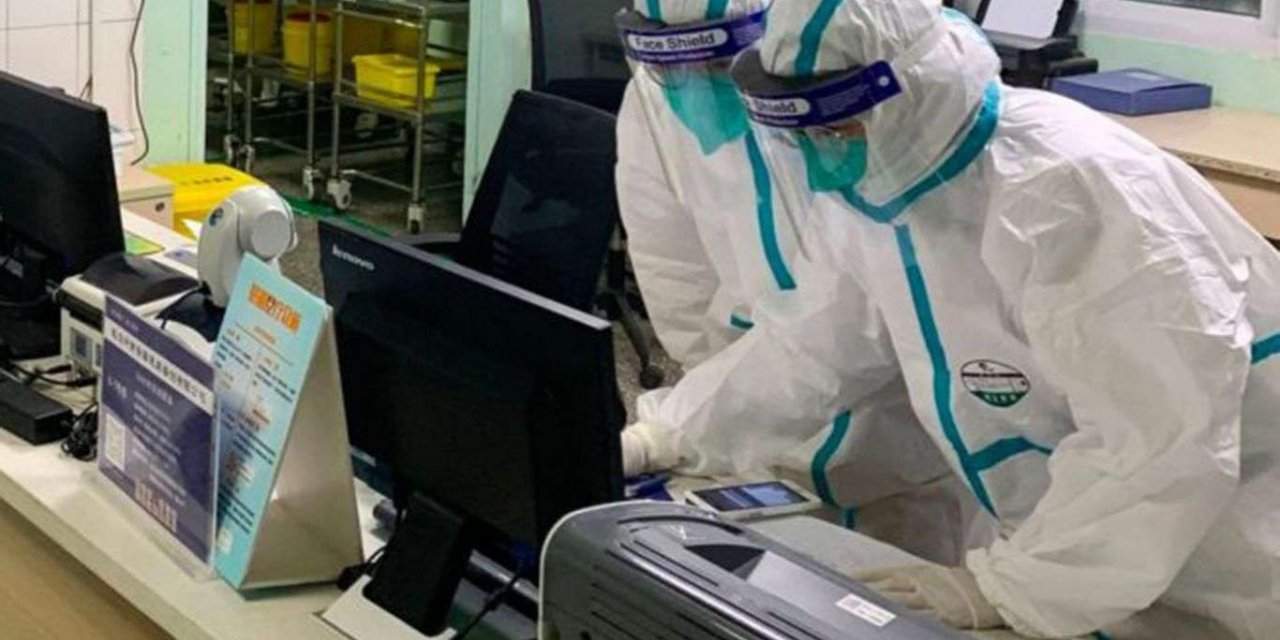
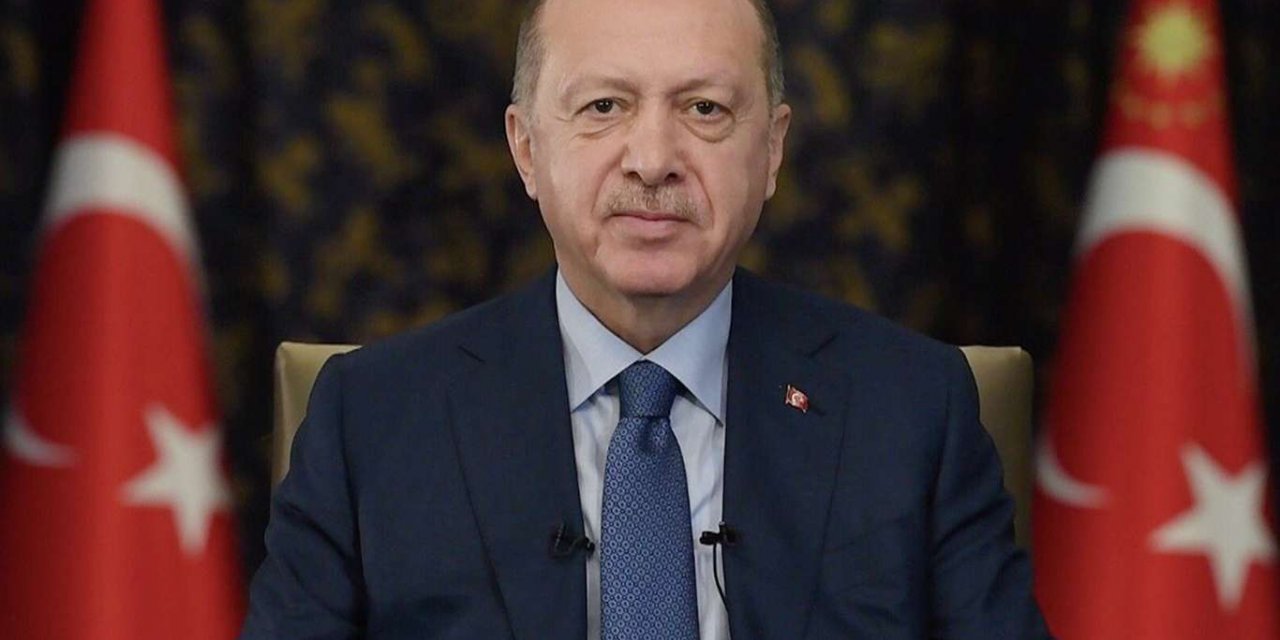
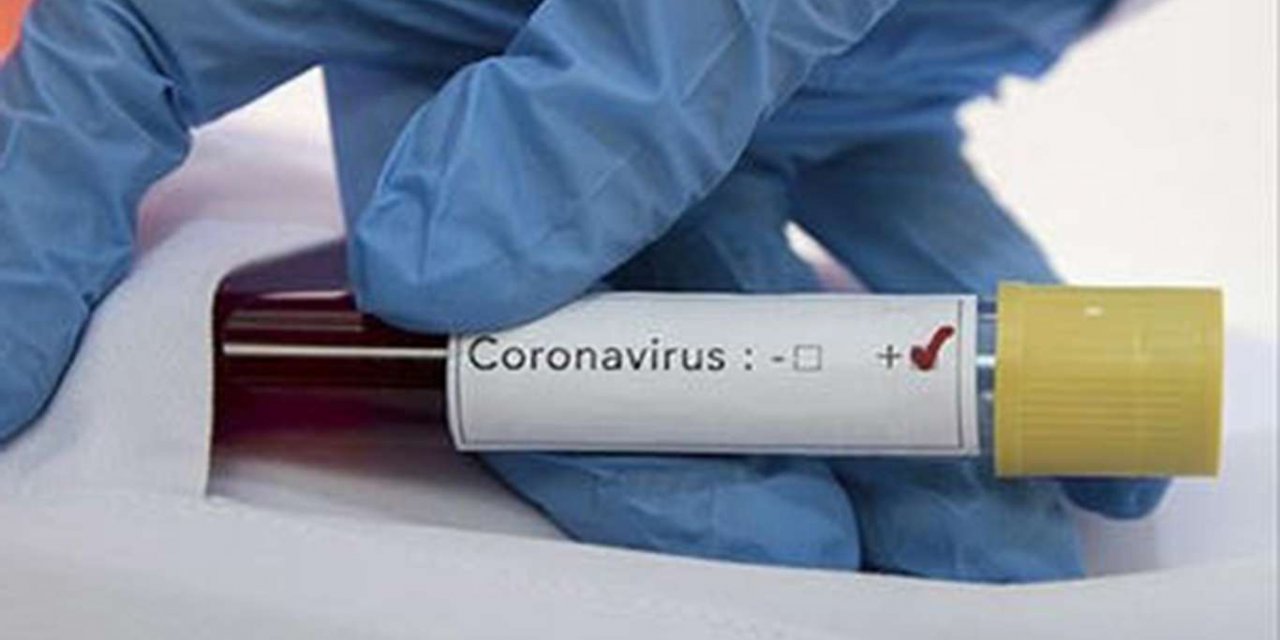
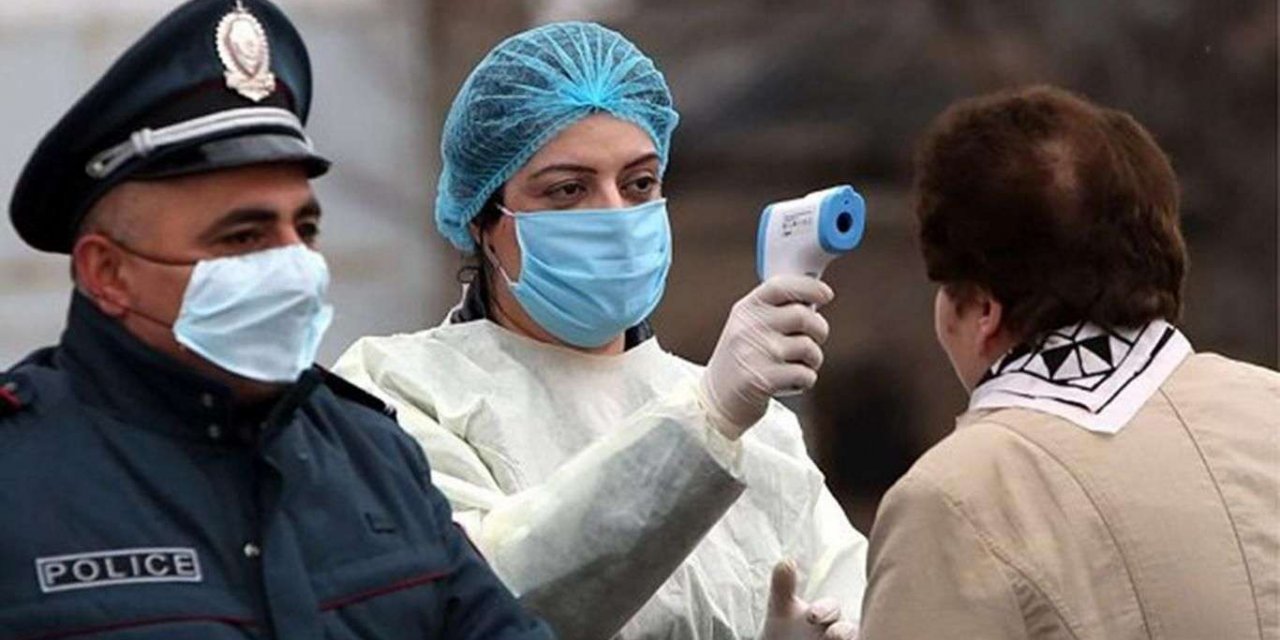
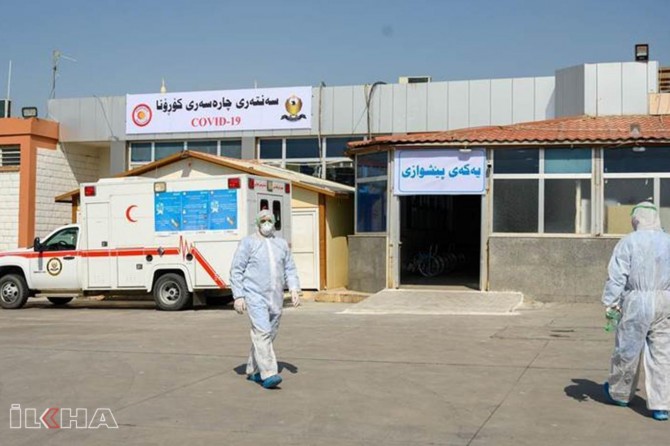
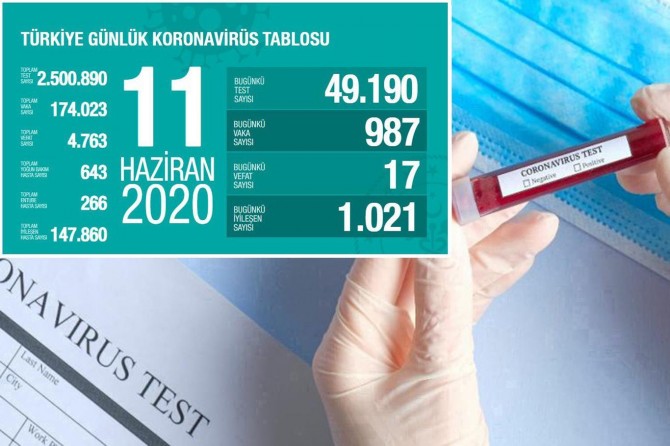
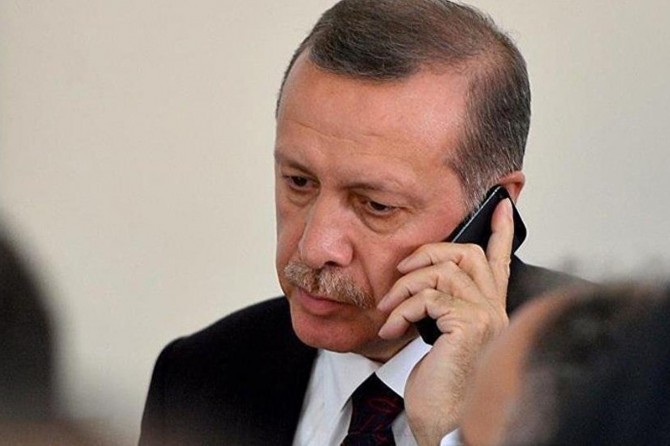
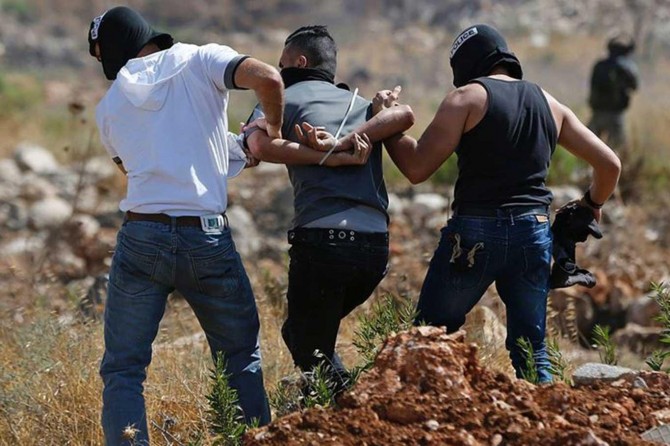
Türkçe karakter kullanılmayan ve büyük harflerle yazılmış yorumlar onaylanmamaktadır.